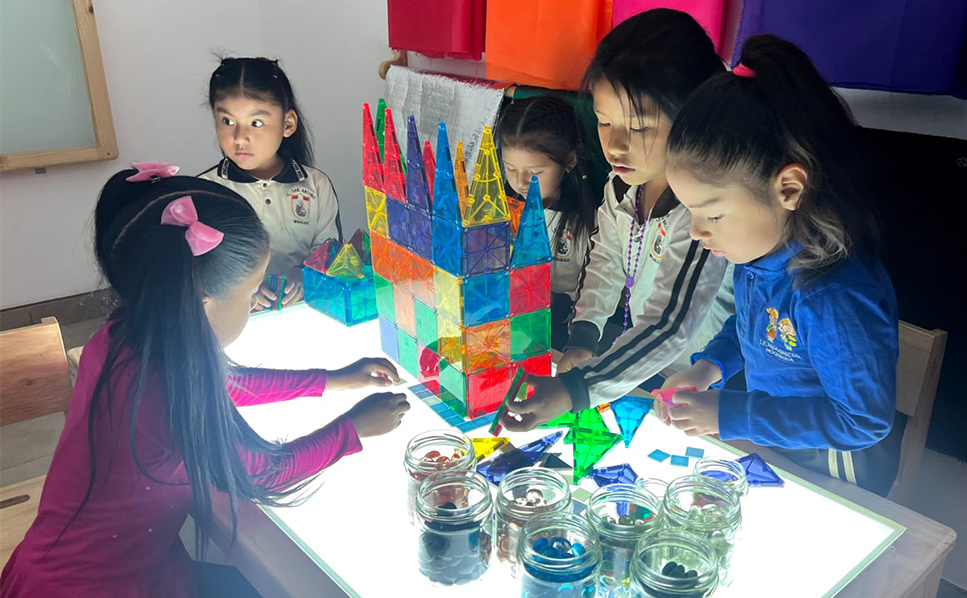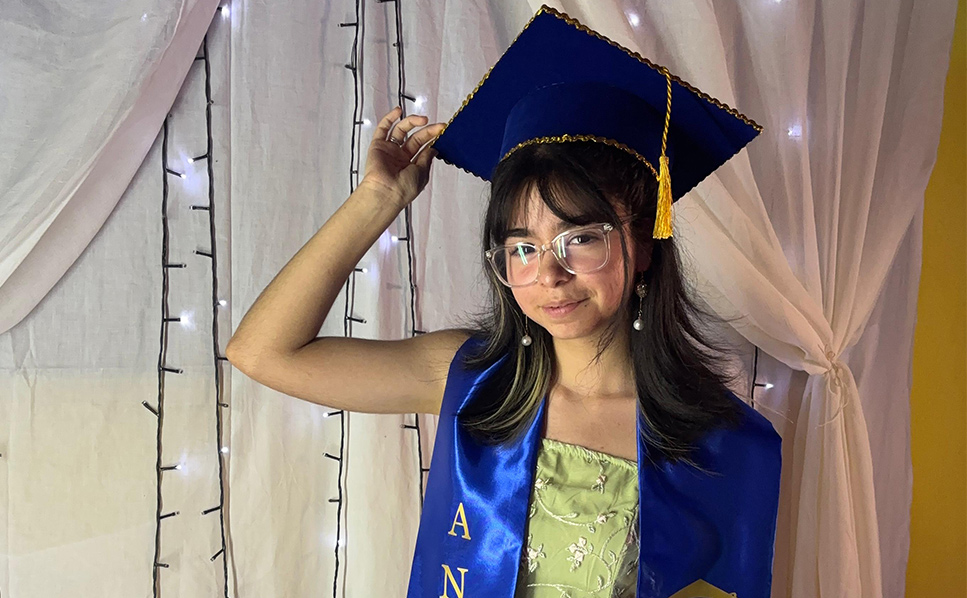We proudly celebrate the International Day of Women and Girls in Science every year on February 11.
We recognise that education plays a fundamental role in equipping and inspiring inspire more women and girls to pursue careers in science. That is why we are committed to implementing whole-school approach programmes that enhance educational quality from early childhood through secondary education, in line with the Thriving Communities pillar of our Sustainable Mining Plan.
Alison Atkinson, our Projects & Development Director, said: “Today, the International Day of Women and Girls in Science, is a celebration of all of us STEM females who are studying or working in Science, Technology, Engineering or Mathematics. It's a reminder that more and more of us play a critical role in science and technology communities – and beyond.
“This year's theme focuses on Women's leadership and 'a new era for sustainability'. Whether it's the energy transition, combatting climate change, expanding education opportunities or improving health, today reminds us of the importance of diversity and harnessing all talent. After all, it's only through embracing diversity that we get fresh perspectives on the world and can harness the power to shape and deliver the change today for all of our tomorrows.”
Emphasising our strategic focus on education, David Viera, our Education & Community Skills Manager, said: “Closing gender gaps in education is essential to driving innovation and progress. To achieve this, we must transform schools into environments where learning takes place through exploration and project-based experiences. We accomplish this by implementing active learning methodologies and designing physical spaces that foster the development of 21st-century skills.”
Transforming Schools into innovation hubs in Peru and Chile
Using our partnership-focused approach, in Peru, through the ‘Reimagina’ programme, and in Chile, through the ‘Modelo Pionero’ initiative, we aim to transform schools into innovation hubs – places where students continuously develop real-world projects that benefit their communities. Science plays a fundamental role in this transformation, as it is key to tackling critical local challenges such as environmental conservation and technological development. We seek to drive change from early childhood through primary and secondary education.
Reimagina aims to ensure that students remain engaged in the educational experience and become globally connected citizens. In this context, early childhood is a crucial stage for developing scientific curiosity. Anabel Arias, who leads the Reimagina program in Peru, highlighted the importance of fostering an interest in science from early childhood: “we are promoting innovative methodologies and creating physical spaces where girls can investigate, experiment, and become young scientists discovering the world.”
For example, a light laboratory has been set up in one school, allowing children to compose on a light table and explore different elements freely. This space encourages hands-on experimentation, enabling them to discover and understand their surroundings in an open-ended way. Here, children observe, manipulate, compare, and reason using sensory-rich materials that stimulate curiosity and learning. The laboratory serves as an educational resource that enhances detailed observation of natural phenomena, fostering critical thinking and exploration.



